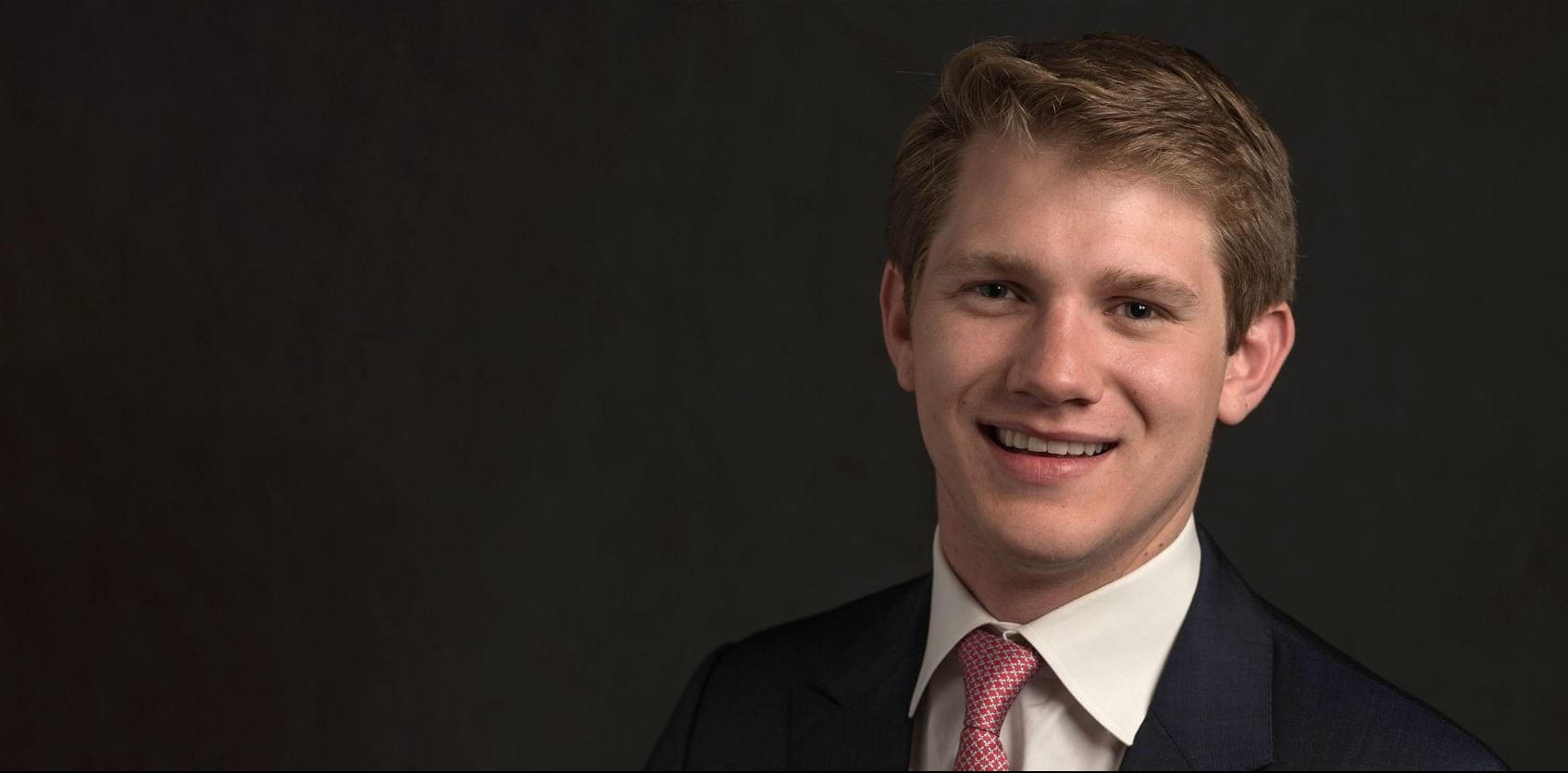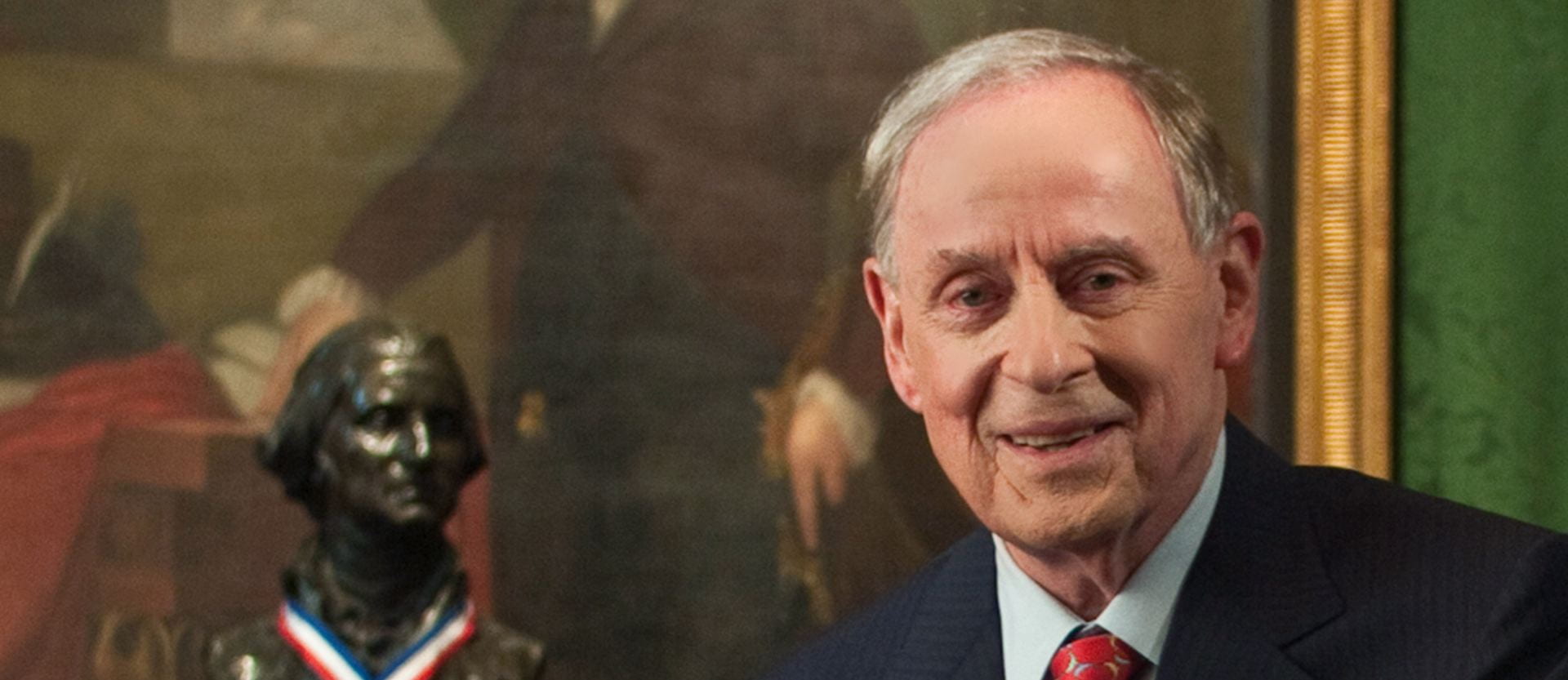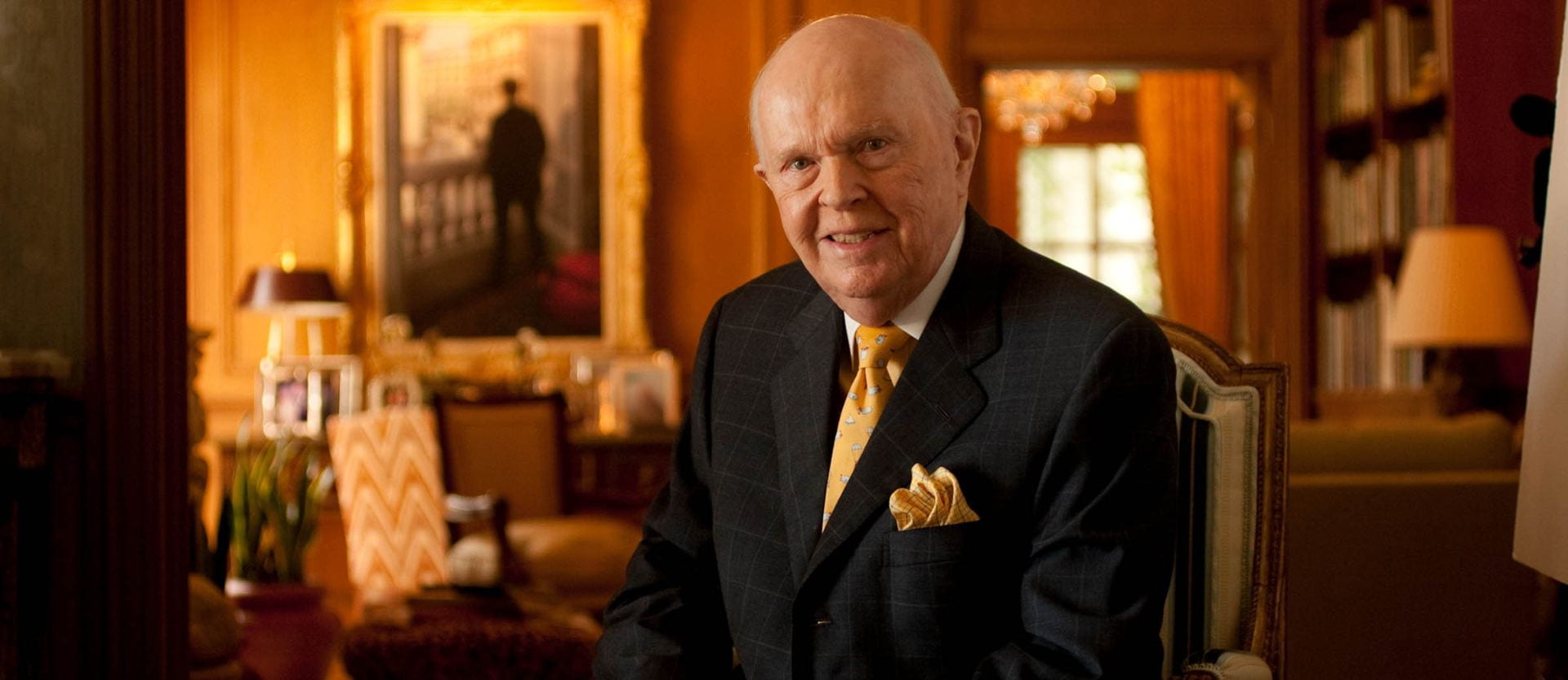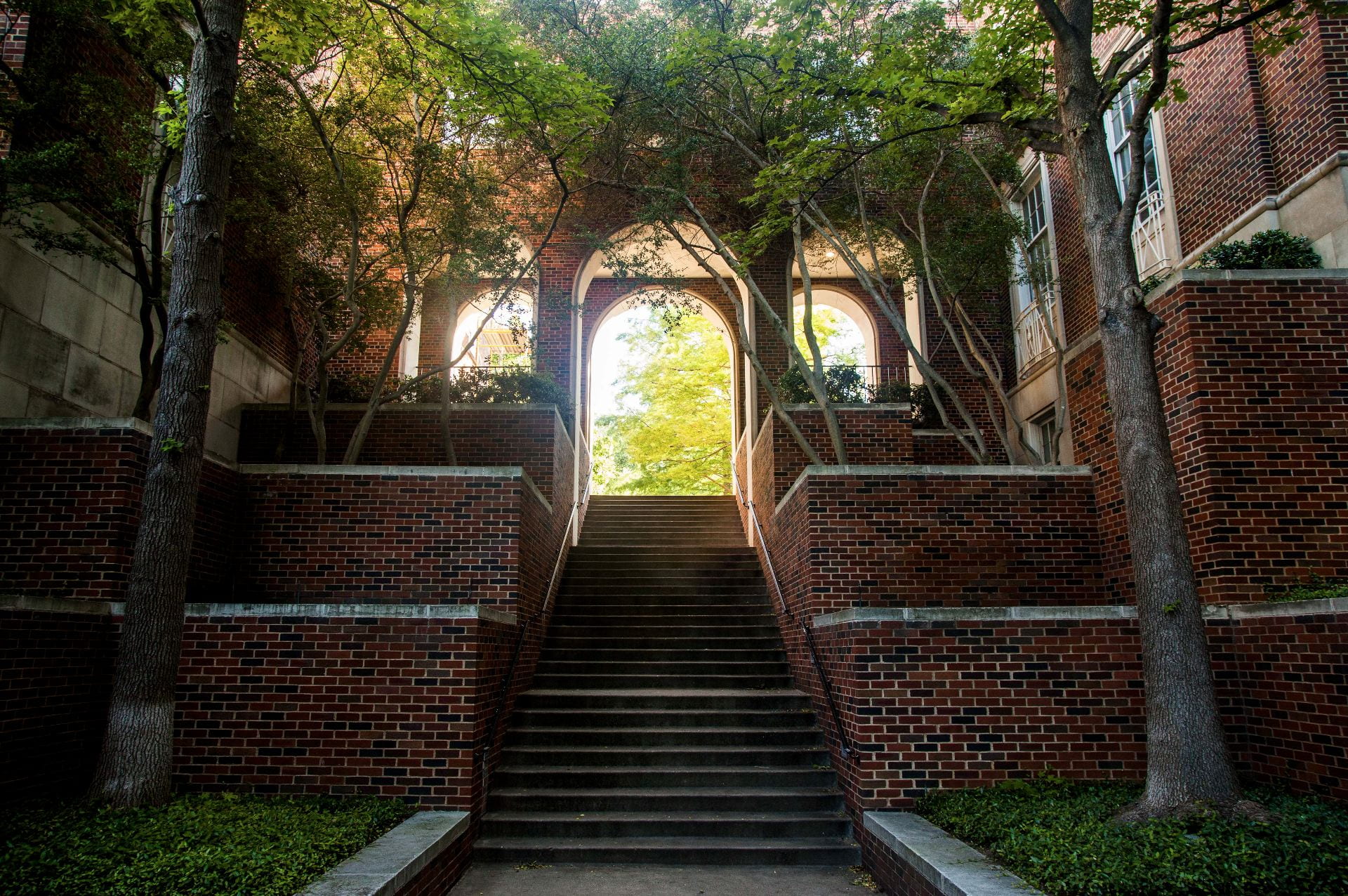Preston Bryant, BA ’14, was always going to be an entrepreneur. He came from a Texas oil family, so the enterprising spirit was both in his blood and in his upbringing.
“We had oil and gas wells being drilled in the backyard,” the 28-year-old says of his father’s business. “I grew up in the lifestyle that, if you’re an entrepreneur, you’re always on and there’s always something to be fixed.”
Bryant’s upbringing shaped his journey as an entrepreneur in ways he could have never imagined. Years later, far from the oil fields in Texas, his recent work earned him a spot in the latest class of Forbes 30 Under 30.
What started as a natural knack for entrepreneurship was cultivated at SMU, and especially when he signed up for energy classes at the Cox School. After his father, Gary, passed away his freshman year, Bryant knew he wanted to carry on his father’s legacy in energy. So Bryant did what any college student would do — he started his own company, Momentum Technologies.
Bryant’s company is built around a pioneering method of recycling lithium-ion batteries and Rare Earth permanent magnets that separates the elements found in nearly every modern electronic device for reuse — an innovation set to transform how those elements are obtained. Momentum Technologies offers a new way of battery recycling through its exclusively licensed process, Membrane Solvent Extraction (MSX): using a specially coated membrane to capture the pure elements, which can be used over and over again.
“Being able to pull these rare earth substances from other things that we can recycle, from batteries and so forth, is going to be critical if we are going to meet the battery needs of the future,” says Maguire Energy Institute director Bruce Bullock, who taught Bryant while he was a student at SMU Cox.
According to Bryant, “the li-ion battery recycling supply chain is fragmented, and pricing is variable. Our MSX technology is modular, allowing Momentum to set up processing plants in existing recyclers’ facilities — reducing logistics and enabling recyclers to tap into new business models.”
Bryant and Momentum have become central to championing the technology, which was developed by scientists at the U.S. government’s Oak Ridge National Laboratory. “There are opportunities out there, and you don’t always have to be the guy who invented the tech, but these technologies do need champions,” Bryant says. “A champion is just as important.”
The young entrepreneur attributes much of his success to skills fostered at SMU Cox, such as remaining nimble and seizing opportunities.
“He was just a very entrepreneurial, creative thinker — he was thinking five, 10 years down the road and what the global energy picture was going to look like then,” says Bullock.
Future thinking is baked into SMU Cox energy instruction, Bullock says, where students acquire the knowledge and tools to enter different fields within the energy industry. Agility and future thinking, he says, are vital. “The one thing about energy is it’s going to change, and it’s going to change rapidly,” Bullock says. “We want [students] to be able to look at political and technology trends and market forces and look at how they are shaping the world, and how they are shaping the economy, and how that is going to impact the energy industry.”
Bryant is still looking toward the future. He has three battery-recycling plants planned for the coming year, and eventually every battery-manufacturing site could incorporate an MSX recycling plant. “All of this is the culmination of hard work, financial support, research and playing around with what will work,” Bryant says.
He visited SMU Cox this spring as a guest speaker to talk about his success with students in Bullock’s classes. While his technology may be focused on the future, Bryant is eager to share his experiences with students where he set his career in motion.
“I owe SMU a lot. I met my wife there through the Cox School, I made all my lifelong friends there and Dallas has been so supportive,” Bryant says. “SMU is a great playground for learning.”









